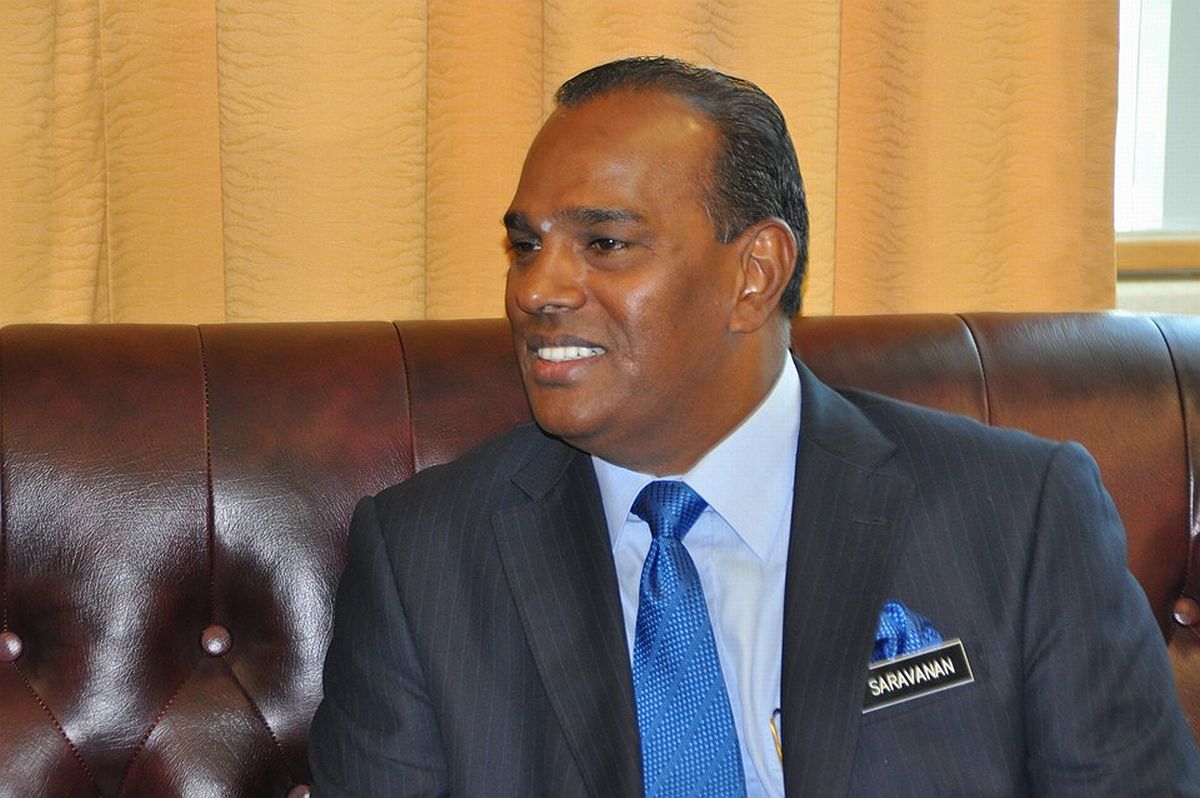KUALA LUMPUR, March 22 – Pending parliamentary passage and royal assent, the Ministry of Human Resources (MOHR) today declined to clarify whether the proposed amendment to the Employment Act 1955 (Act 265) covers all employees regardless of their wage levels.
Reporters had asked MOHR to clarify if all clauses in the Employment amendment Bill 2021, which was passed by the Dewan Rakyat yesterday, covered every employee irrespective of their earnings, as the current Employment Act only covers workers earning RM2,000 or less monthly.
MOHR was also asked to confirm if women employees earning more than RM2,000 a month would lose legal entitlement to any paid maternity leave, since the amendment Bill repealed Section 44A that explicitly extended maternity leave and allowance entitlement — full pay for each day of eligible maternity leave — to every female employee “irrespective of her wages”.
The original Employment Act mandated minimum 60 days’ paid maternity leave for all women employees in the private sector, as per the now deleted Section 44A, irrespective of the First Schedule of the law that limited the definition of employees to those earning not more than RM2,000 monthly.
“Dear Media Friends, please be informed, the details read by Deputy Minister yesterday was the suggestion for amendment in Act 265, which will be debated in Dewan Rakyat and Dewan Negara soon. Once this has been agreed by YDPA, we shall made [sic] an announcement for you to pick up for further information,” an MOHR spokesperson told the ministry’s media WhatsApp group today.
“Hence, for the time being we are unable to attend for the queries as such as we don’t have any confirmed information.”

Ova reported earlier today that the Employment amendment Bill, which was passed by the Lower House yesterday in a voice vote without the Opposition calling for a bloc vote, effectively stripped legal entitlement to any paid maternity leave for women employees earning above RM2,000 a month.
This is because the amendment Bill deleted Section 44A that extends maternity protections to all women employees regardless of their wage levels, without simultaneously revising the definition of “employee” in the First Schedule of the Employment Act that is currently defined as workers with wages not exceeding RM2,000 a month.
Therefore, the newly revised maternity leave provision to a minimum 98 days only applies to women employees earning RM2,000 or less monthly.
A new provision prohibiting employers from terminating pregnant employees on the grounds of pregnancy will also only cover women whose wages are RM2,000 or less a month, while the new provision of seven-days’ paternity leave will only be legally obligated for married male employees with that same wage quantum.
Deputy Human Resources Minister Awang Hashim, when tabling the Employment amendment Bill for second reading yesterday, said the First Schedule of the Employment Act would be amended via a minister’s order — which can be gazetted without parliamentary approval — so that the Employment Act covers all private sector employees in general regardless of their earnings. However, he did not commit to a specific timeline.
The Women’s Aid Organisation (WAO) said in a statement last January 25 that it was assured by MOHR that a minister’s order would be made to amend the First Schedule to enable coverage of the Employment Act for all employees.












